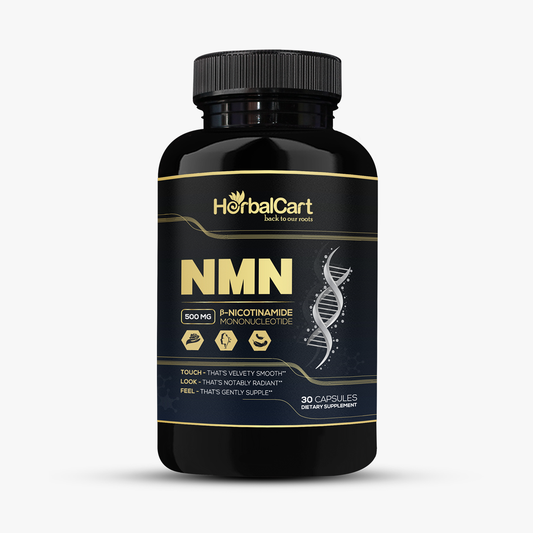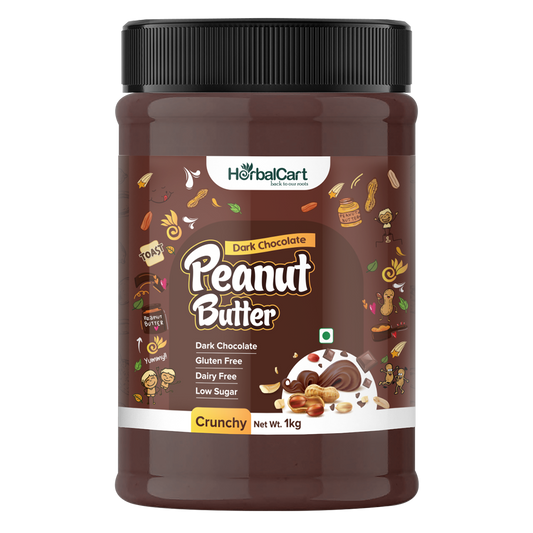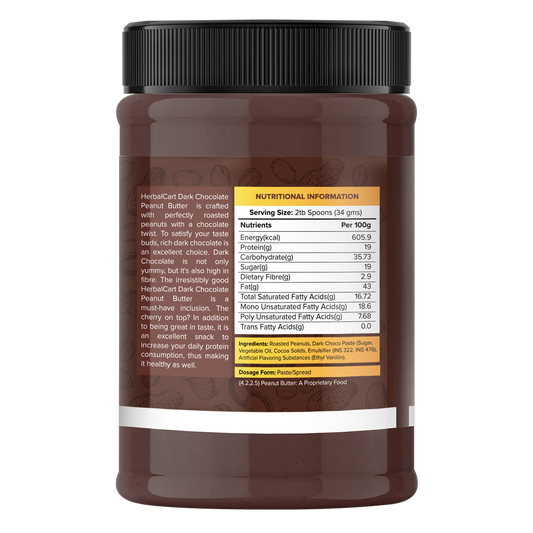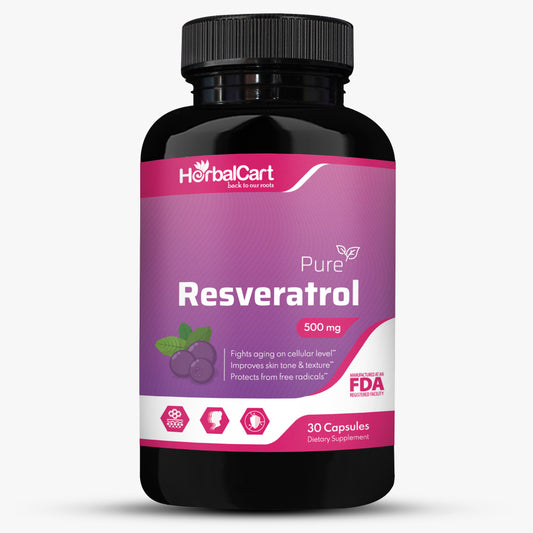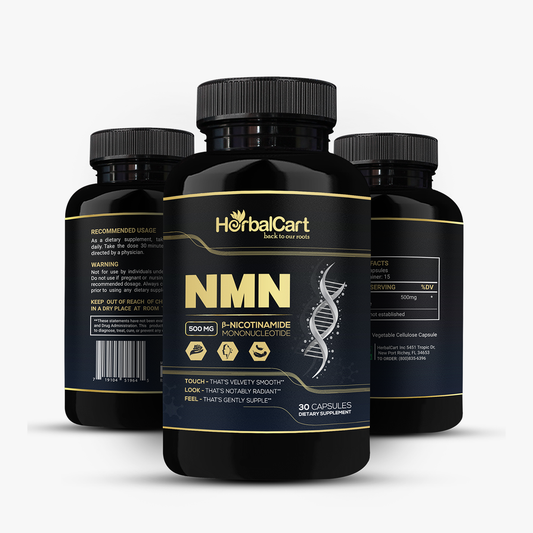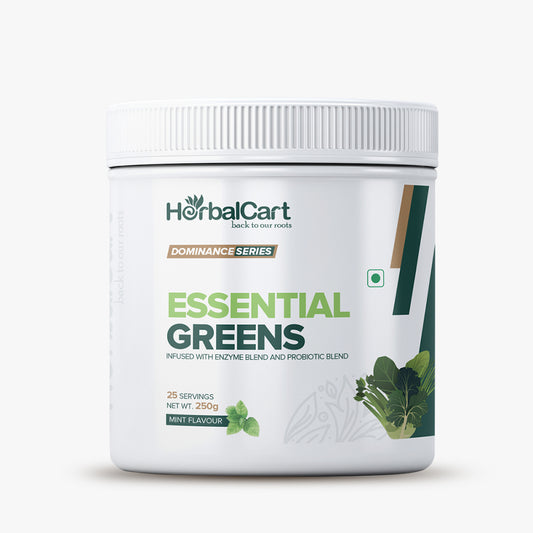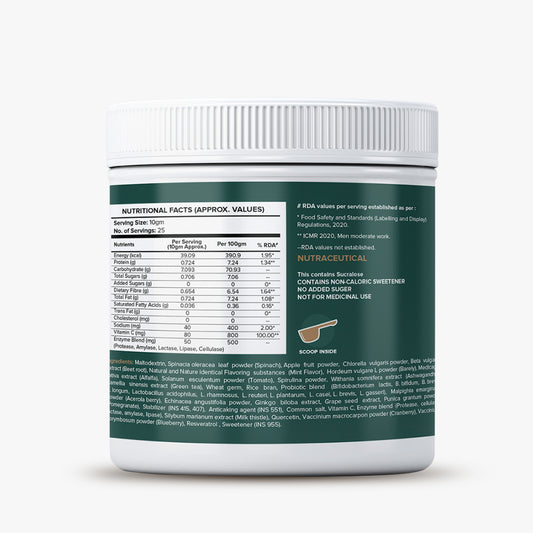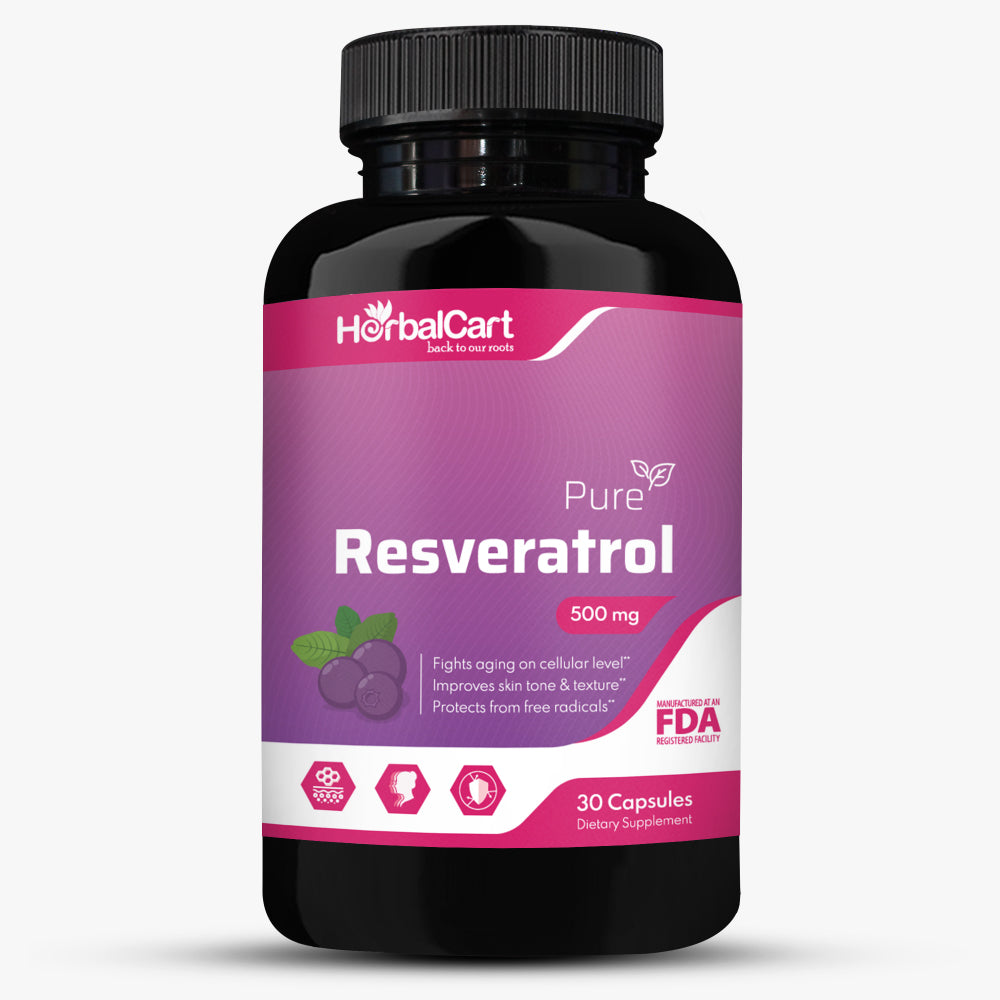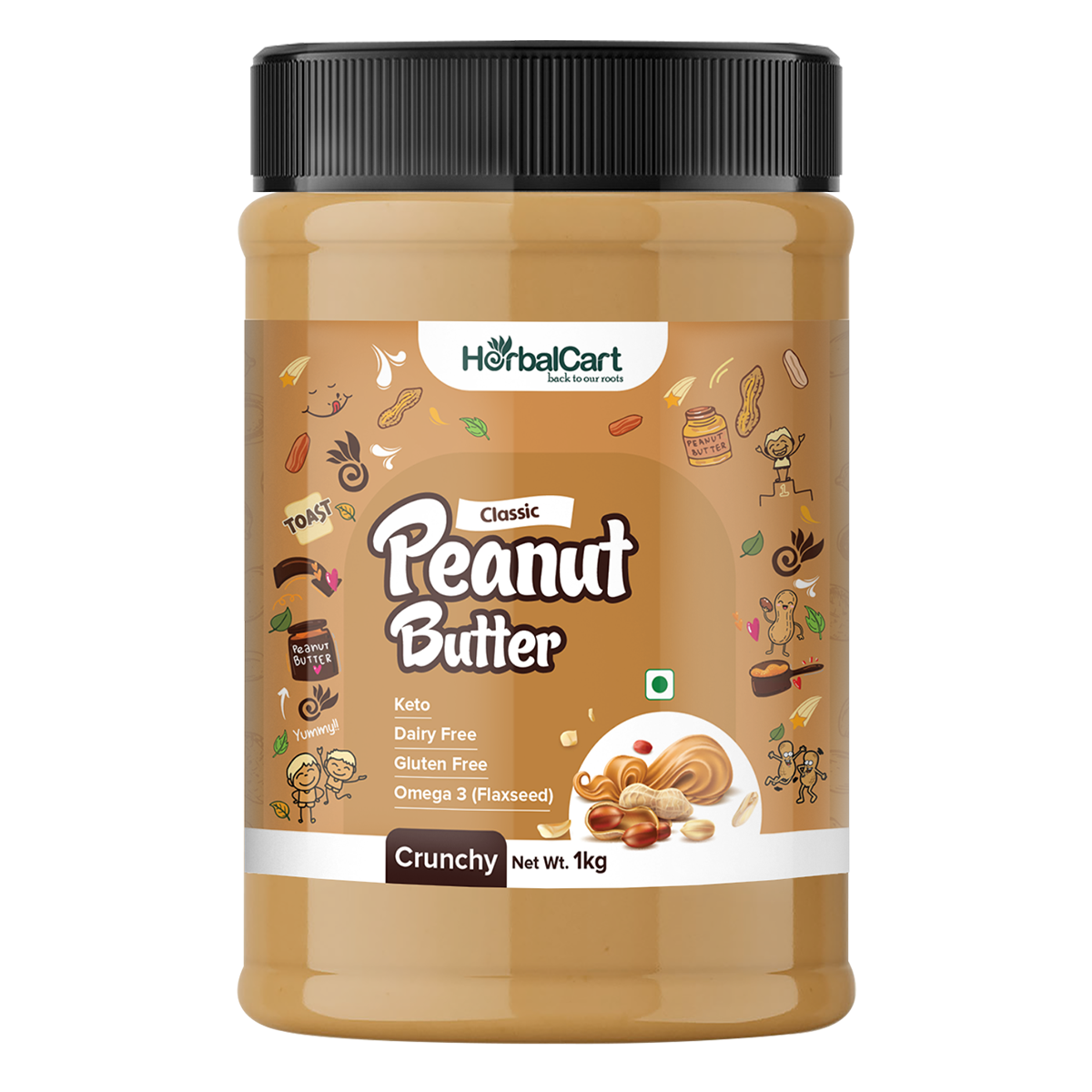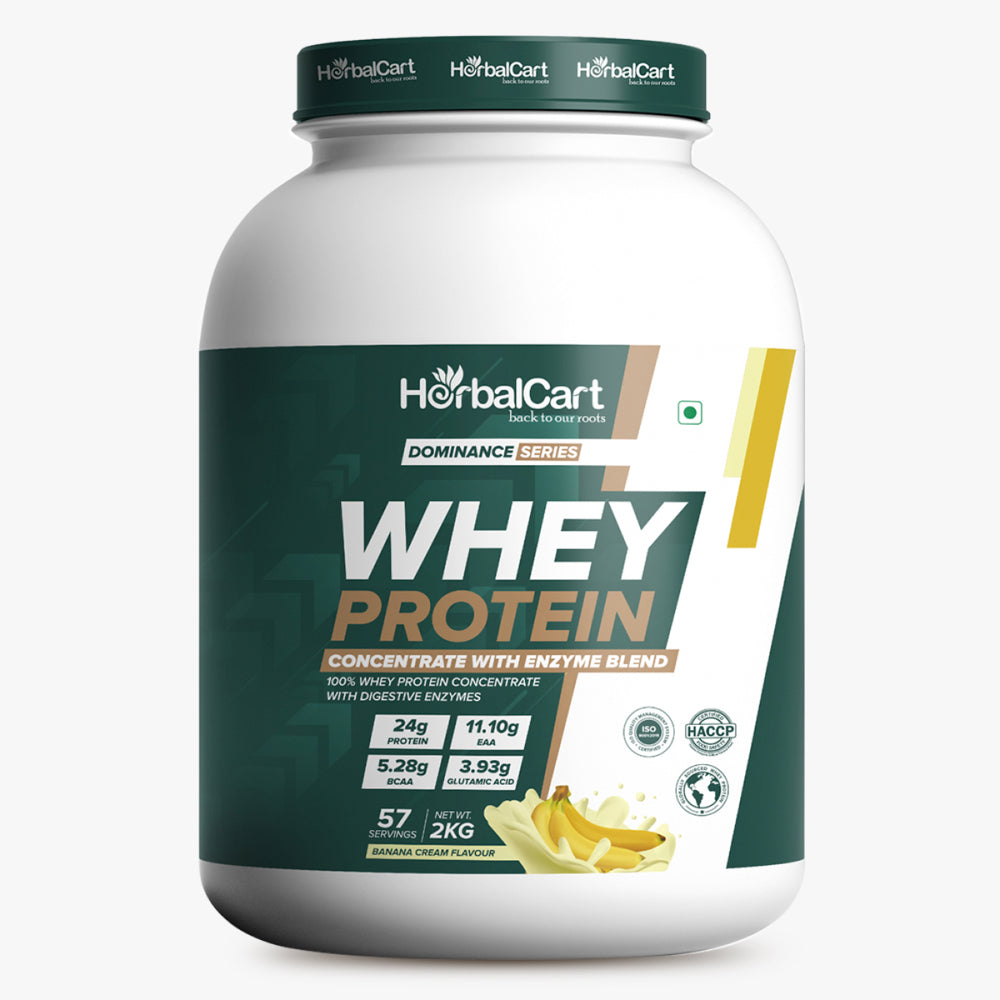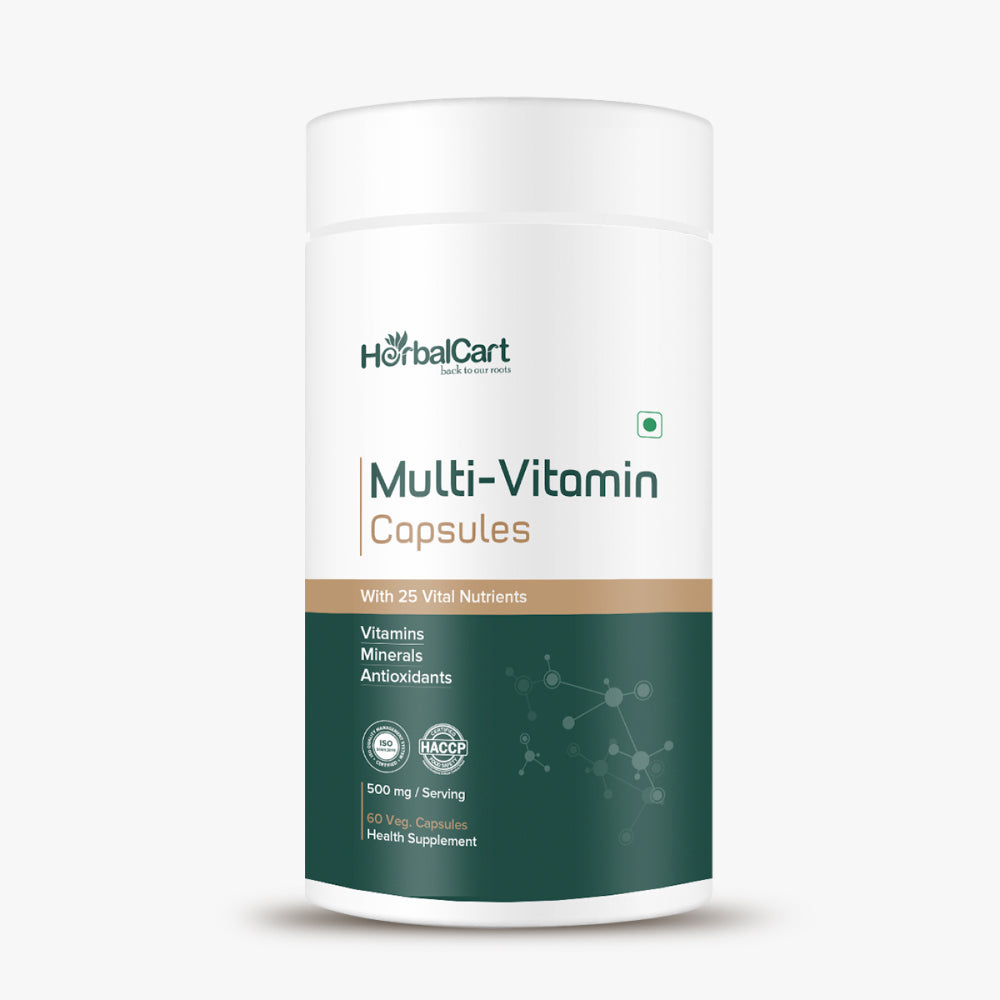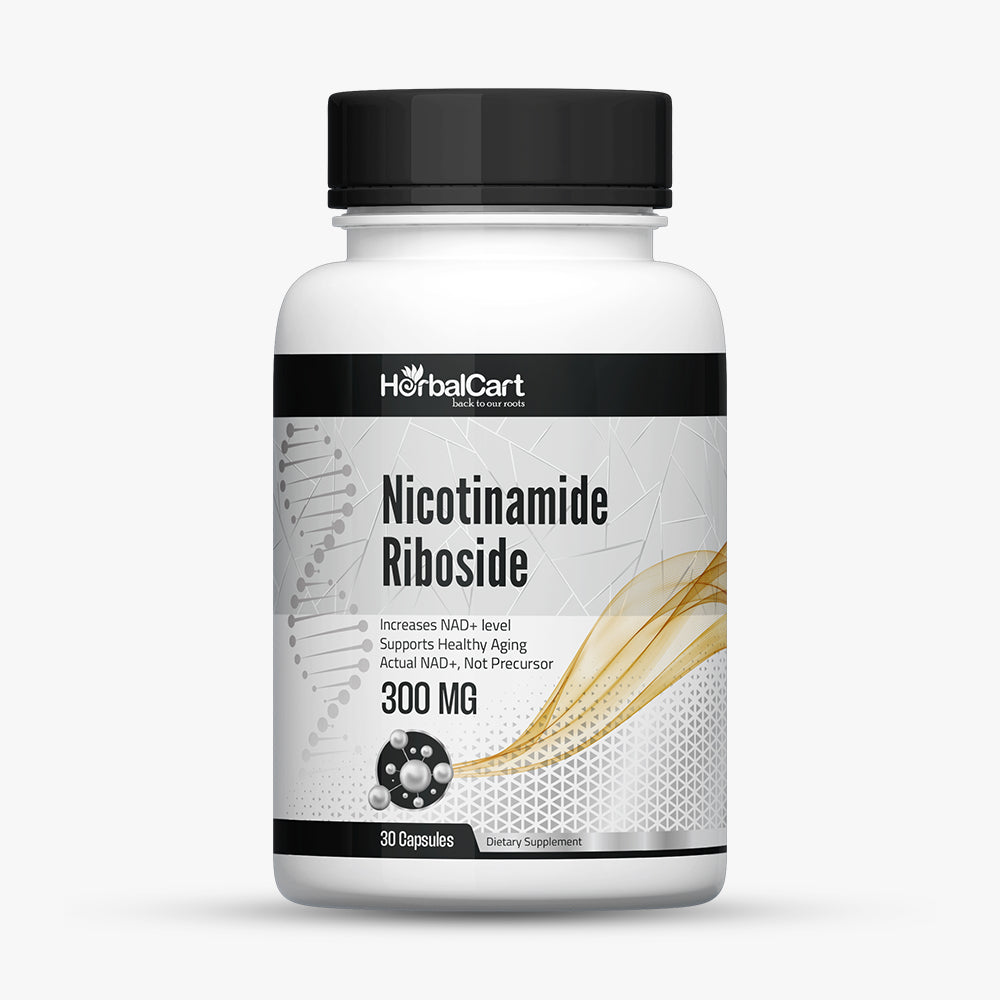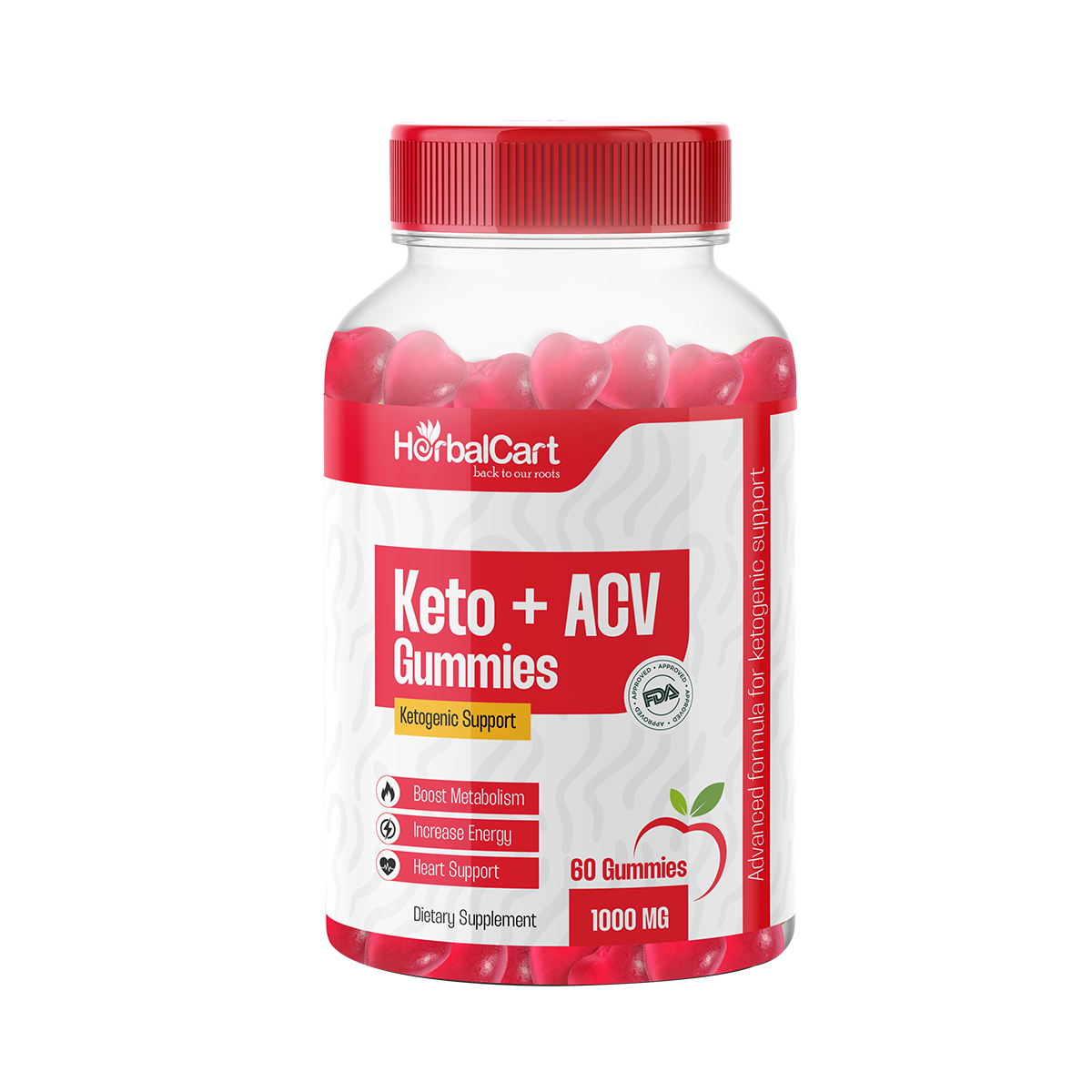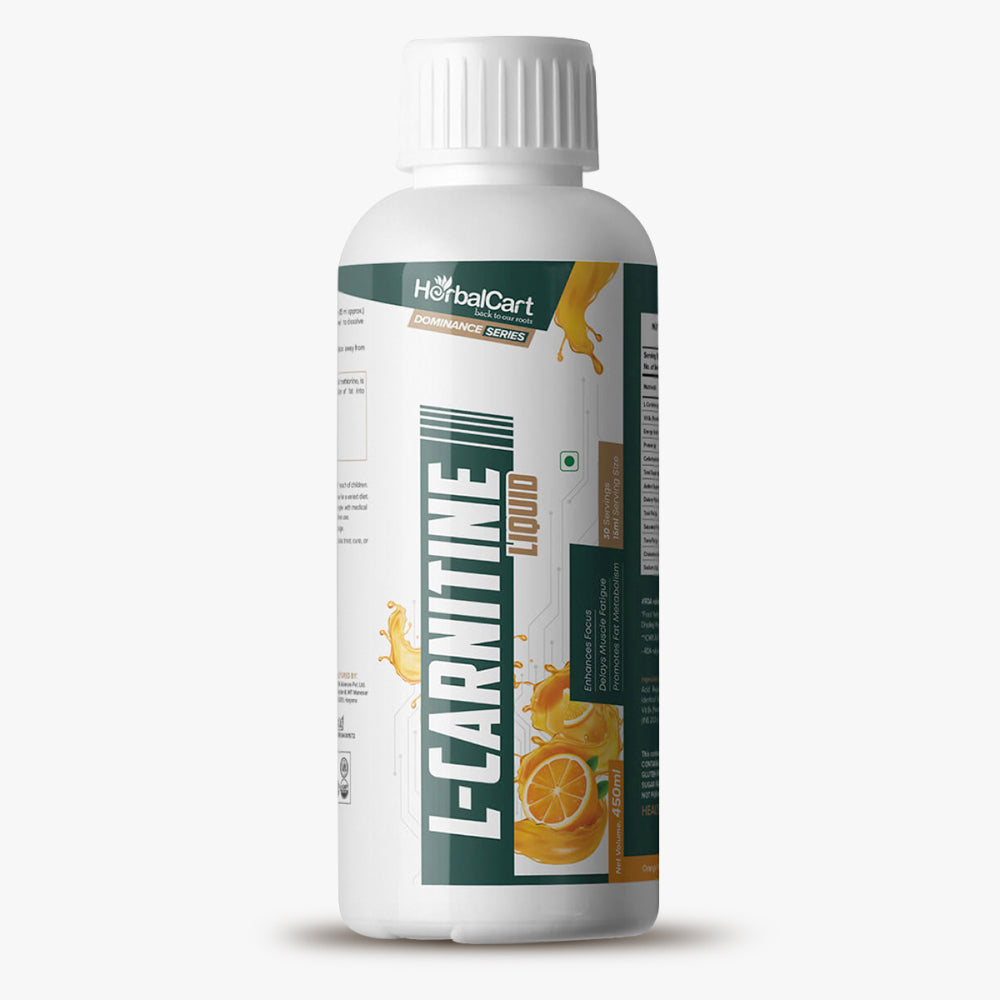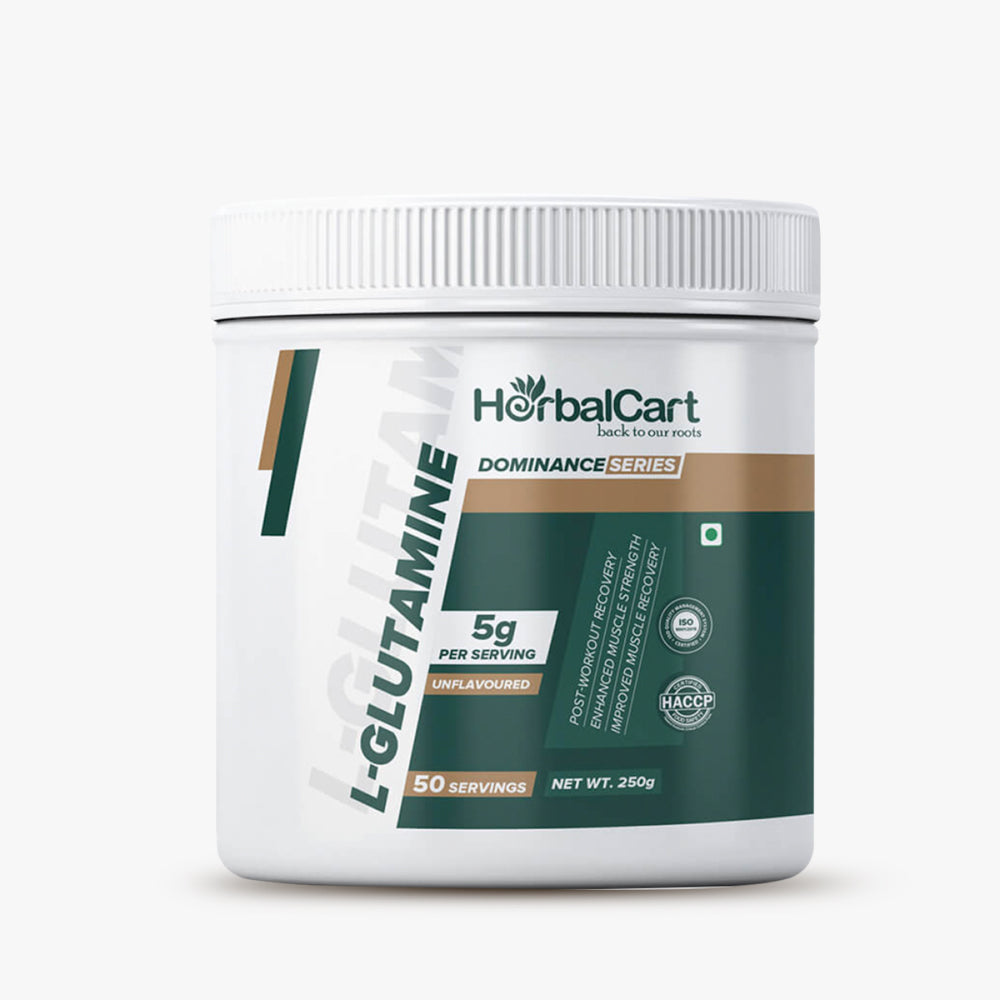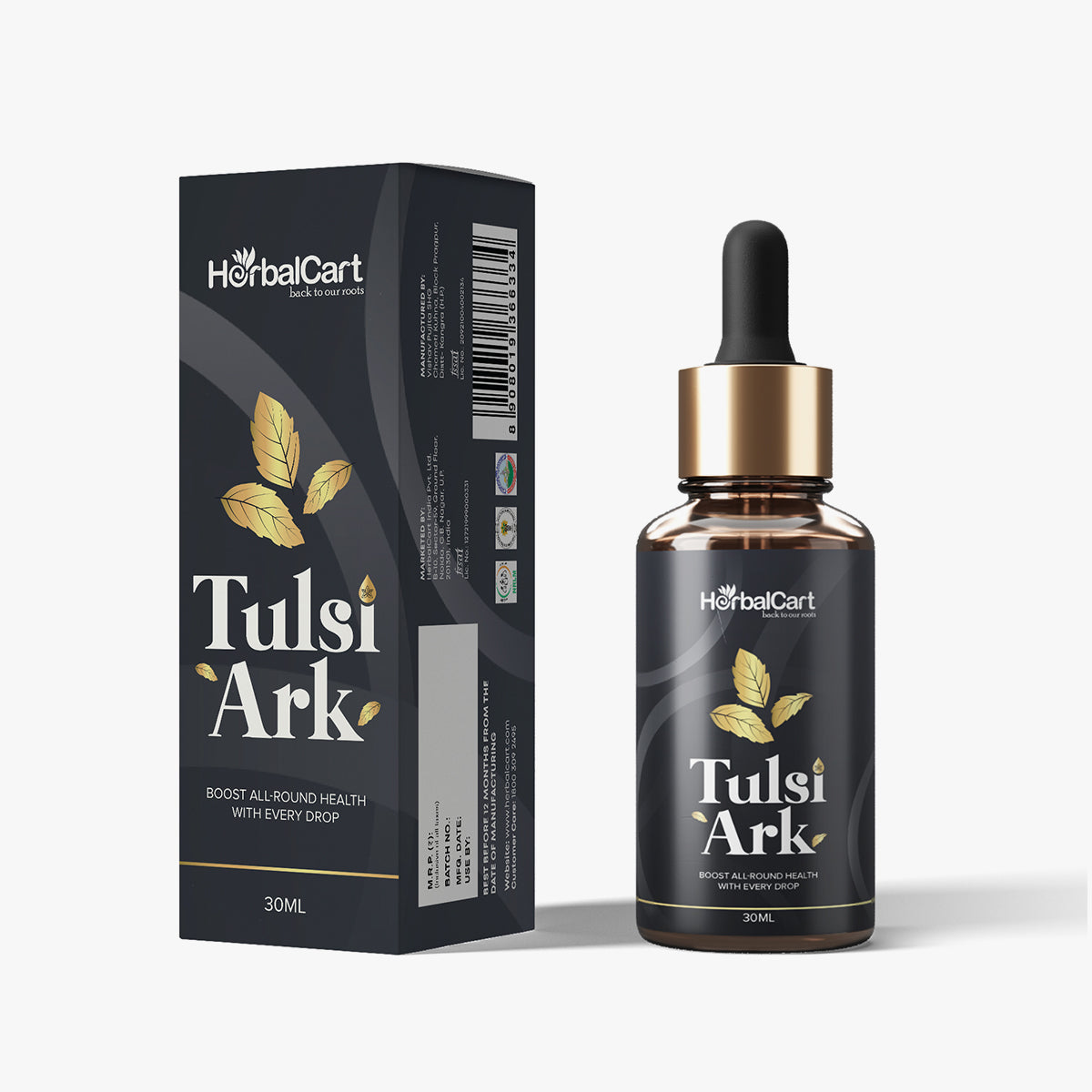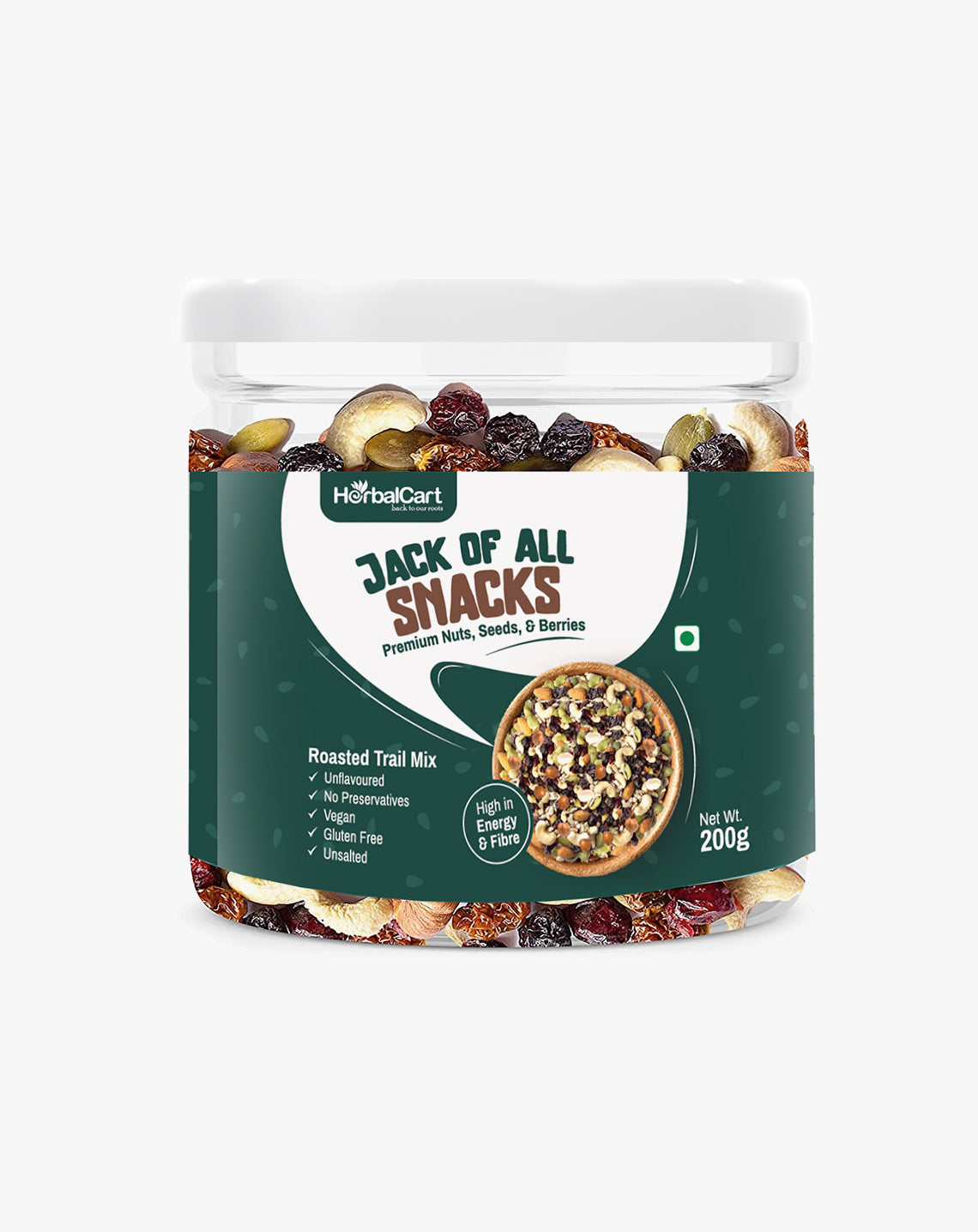Everyone wants to live a healthy life! No doubt! But what we can do to achieve good health always remains a topic of discussion.
One of the easiest ways to achieve this is by switching from traditional & poor eating habits to an anti inflammatory diet meal plan. Most people don’t know this, but a high level of inflammation can generate many severe diseases in our bodies. It can cause heart diseases, certain cancers, stomach diseases, and a number of chronic inflammatory diseases over the long run.
Even if the inflammation is not developing severe health problems, it shows up in the form of health issues that are more than enough to make our life miserable.
What is inflammation?
Inflammation is the biological process that starts off the natural healing process in the body by increasing blood circulation. Increased blood circulation brings white blood cells and gives nourishment to the areas of injuries and infections for the natural healing process.
But when inflammation goes awry, it generates many health issues and severe diseases.
An anti-inflammatory diet can aid cut down the health issues that are related to inflammation. The benefits of taking a rich anti-inflammatory diet are well-researched and proven.
What is an Anti-inflammatory Diet?
Different foods metabolize differently in our bodies, some increasing inflammation and others decreasing it. The key purpose of an anti-inflammatory diet is to promote good health and a natural healing process by choosing foods that help reduce excess inflammation. This diet involves replacing white sugar, refined foods, and unhealthy fats with natural sugar, whole grains, nutrient-rich foods, and healthy fats. An anti-inflammatory diet also includes foods that have a high level of antioxidants. Antioxidants help flush out toxic substances & free radicals from our body that may damage healthy cells and increase the risk of certain life-threatening diseases.
If a person can successfully control a high level of inflammation with diet, it trims down its dependency on anti-inflammatory medicines that have many side effects. While anti-inflammatory tables give quick results, they, unfortunately, cause damage to the gastrointestinal tract, which aids in the proper functioning of the immune system.
Who Needs The Anti-inflammatory Diet the Most?
Today, doctors and health experts are highly recommending anti-inflammatory foods to patients who are suffering from chronic inflammation diseases. No matter how old you are, you can improve your health by taking anti-inflammatory foods.
An anti-inflammatory diet can help reduce & treat many conditions like:-
- Obesity
- Heart disease
- Metabolic Syndrome
- Diabetes
- Rheumatoid arthritis
- Asthma
- Certain cancers like colorectal cancer
- Crohn’s disease
- Colitis
- Inflammatory Bowel disease
- Psoriasis
- Lupus
- Arthritis
- Hashimoto’s disease
Anti-inflammatory Diet Food List:
In general, eat an abundance of fresh fruits & vegetables, whole grains, anti-inflammatory fat, antioxidant-rich food while limiting processed food, fried snacks, refined sugar, red meat, oily & fast food.
Best Anti-inflammatory Diet Food List is:-
- Green leafy vegetables like spinach and cabbage.
- Nuts like almond and walnut
- Tomatoes
- Lemon
- Broccoli and Cauliflower
- Fruits like watermelon, melon, strawberries, blueberries, cherries, kiwi, and oranges.
- Olive oil and coconut oil
- Fish oil and cold-water fish meat like salmon and sardines
- Moderate quantity of red wine
- Vegetables like beans, lintels, sweet potatoes, & avocados
- Green tea & green coffee
- Spices & herbs like turmeric
- Dark chocolate
Anti Inflammatory Diet Foods To Avoid:-
- Red & processed meats
- High sugar desserts like Ice cream
- Fried foods
- White bread & paste
- Processed food like chips, burger
- Gluten
- Refined vegetable oil
- Excess alcohol & high amount of carbohydrate
Anti-Inflammatory Diet Weekly Menu:
We have prepared a 7-day anti-Inflammatory meal plan that would give you a perfect number of calories and nutrition. Let’s get started-
Day 1-
Breakfast- Green Smoothies (333 Calories)
Morning Snacks- Pear (131 Calories)
Lunch- Hummus & Green Salad (422 Calories)
Evening Snacks- 8 walnuts (105 Calories)
Dinner- Roasted salmon with Potatoes and Asparagus (522 Calories)
This one-day meal would give you 1512 calories, 54g protein, 147g carbohydrates, 86 g fat, 31g fiber, and 1073 mg sodium.
If you want to keep your day 1 meal up to 1200 calories, then replace your morning snacks with cucumber, or substitute lunch with a green salad with Edamame & Beets, and change evening snacks with 1 clementine.
And if you want to extend it to 2000 calories then, add 1 orange to breakfast, add almonds to morning snacks, and add walnuts to evening snacks and one apple.
Day 2-
Breakfast- 1 cup of low-fat plain Green Yogurt, ¼ cup of cherries with some chopped walnuts (333 Calories )
Morning Snack- one medium apple (95 calories)
Lunch- Sweet Potato, Kale, and chicken salad with peanuts (393 Calories)
Evening snacks- ¼ cup of unsalted dry-roasted almonds (206 Calories)
Dinner- Stuffed sweet potato with hummus (472 calories)
This meal would give you 1499 calories, 168g carbohydrates, 38g fiber, 60g fat, 85g protein, and 1,136 mg sodium. If you want to keep it up to 1200 calories, then omit the walnuts from breakfast and switch evening snacks to 1 medium orange.
To increase the calories count up to 2,000: Add natural peanut butter to morning snacks and add 1 bagel of avocado toast to dinner.
Day 3-
Breakfast- Green Smoothie (333 Calories)
Morning Snacks- ¼ cup unsalted dry-roasted almonds (206 calories)
Lunch- Sweet potato, kale & chicken salad with peanuts (393 calories)
Evening Snacks- 1 medium apple (95 calories)
Dinner- Kale & Avocado salad with blueberries and Edamame (464 calories) and 1 slice of whole-wheat baguette.
The meal total would be 1,491 calories, 58 g protein, 35 g fiber, 77 g fat, 160 g carbohydrates, 1,648 mg sodium. If you want To make it 1,200 calories, then Change morning snacks to 1 clementine and omit the baguette at dinner. And, to make it 2,000 calories, you can add 1 medium orange to breakfast, 1 large pear to morning snacks, and also add natural peanut butter to evening snacks.
Day 4-
Breakfast- 1 cup low-fat plain Greek yogurt, 1/4 cup fresh cherries with chopped walnuts (333 Calories)
Morning Snacks- 1 cup of raspberries (64 calories)
Lunch- Sweet potato, kale & chicken salad with peanuts (393 calories)
Evening Snacks- 1 cup of blackberries and 5 walnuts (127 calories)
Dinner- Sheet-pan Mediterranean chicken, brussels sprouts & Gnocchi (604 calories)
The meal would give you 1,521 calories, 141 g carbohydrates, 31 g fiber, 66 g fat, 101 g protein, 1,304 mg sodium. If you want To make the meal up to 1,200 calories, then Omit the walnuts from the breakfast, take fewer raspberries, maybe ½ cup and switch evening snacks to 1/2 cup sliced cucumber.
If you want to increase the calorie count up to 2,000 calories, then increase walnuts in the breakfast, add roasted almonds to morning snacks, and also add walnuts to evening snacks.
Day 5-
Breakfast- Green Smoothie (333 Calories)
Morning Snacks- 20 unsalted dry-roasted almonds (154 calories)
Lunch- Sweet potato, kale & chicken salad with peanuts (393 calories)
Evening Snacks- 1 clementine(35 calories)
Dinner- Vegan Mediterranean lentil soup, 2 cups of mixed salad greens, ½ avocado, and 1 citrus vinaigrette. (582 calories)
The meal offers you 1,497 calories, 59 g protein, 79 g fat, 1,441 mg sodium, 155 g carbohydrates, 40 g fiber, If you want to keep it upto1,200 calories, then replace morning snacks with 1 clementine and skip avocado at dinner. To make it 2,000 calories, you can add 1 slice of sprouted-wheat toast with 1 tablespoon of natural peanut butter for breakfast. Also, add 1 large pear plus increase to 25 almonds at morning snack, and increase to 1 whole avocado at dinner.
Day 6-
Breakfast- 1 cup of low-fat plain Green Yogurt, ¼ cup of cherries with some chopped walnuts (333 Calories )
Morning Snack- one large pear (131 calories)
Lunch- Vegan Mediterranean Lentil soup with 1 medium apple (367 Calories)
Evening snacks- ¼ cup of unsalted dry-roasted almonds (206 Calories)
Dinner- Baked Eggs in Tomato Sauce with Kale and 1 slice whole-wheat baguette (440 calories)
The diet will give you 1,478 calories, 72 g protein, 65 g fat, 1,439 mg sodium, 169 g carbohydrates, 33 g fiber. If you want to keep the meal up to 1,200 calories, then replace morning snacks with 1/4 cup sliced cucumber and evening snacks with 1 medium orange. If you want to reach 2,000 calories, then add 1/3 cup unsalted dry-roasted almonds to the morning snack, add Bagel Avocado Toast to lunch, and add 1 medium orange to the evening snack.
Day 7-
Breakfast- Green Smoothie (333 Calories)
Morning Snacks- 20 unsalted dry-roasted almonds (154 calories)
Lunch- Vegan Mediterranean Lentil Soup and 1 medium apple (367 calories)
Evening Snacks- 1 medium orange (62 calories)
Dinner- Provencal fish with roasted potatoes & mushrooms, 2 cups of mixed salad green, ½ avocado slices, and citrus vinaigrette (586 calories)
The meal would give you 1,502 calories, 44 g fiber, 72 g fat, 1,094 mg sodium, 54 g protein, 180 g carbohydrates. If you want to keep the meal up to 1,200 calories, then replace morning snacks with 1 clementine and omit the avocado at dinner. To make it up to 2,000 calories: Add 1 slice of sprouted-wheat toast with natural peanut butter to breakfast, add 1 large pear to morning snacks, and increase the whole avocado at dinner.
Why Should You Shift To a Vegetarian Diet To Reduce Inflammation?
In many health studies, it has been proved that processed and red meat has no place in a healthy diet. They need to be reserved for special occasions and parties only. These foods are not only loaded with preservatives and chemicals, but they can cause systemic inflammation and risk many severe health problems.
However, you can relish a small quantity of fresh seafood as seafood like fish is good for our health. Use frozen meat only if nothing else is available.
A healthy vegetarian diet, on the other hand, has higher levels of plasma AA that promote overall health and reduce excess inflammation naturally and safely.
How Can You Make Your Anti-Inflammatory Diet Interesting?
If you are a big foodie, then you may think that a healthy, vegetarian & anti-inflammatory diet is not your cup of tea. But you can still manage to cut down unhealthy intakes without compromising your taste buds and food craving.
Add flavors: You can add some flavors like salt, rosemary, thyme, basil, dill, parsley, mint, a pinch of red chilly or black pepper in your salads or soups. This is the best way to make a simple dish delicious that will nourish your soul.
Replace your favorite dessert with dark chocolates: Dark chocolates not only taste great but are also loaded with healthy nuts like almonds, walnuts, macadamia, hazelnuts, pistachio, and more. Moreover, they come in many interesting flavors like vanilla, orange, coffee, caramel & salt, and even chili, and more.
Replace refined sugar with natural sweeteners: If you do not want to eliminate desserts from your diet, try to prepare your desserts at home by adding natural sweeteners like coconut sugar, honey, low-fat milk, maple syrup, monk fruit, and more.
Follow these simple tips and enjoy your food and beverages without compromising with your taste buds.
Few more things you can do to reduce your excess inflammation are:
● Drink at least 8 to 10 glasses of water every day
● Go for the morning walk and do exercise daily.
● Practice meditation & yoga
● Improve your sleep quality
By treating your excess inflammation in this way, you can reduce your risk of chronic inflammation and many severe diseases in a natural and safe manner. More importantly, you will feel more energetic & positive that will aid you to live a happy life.





